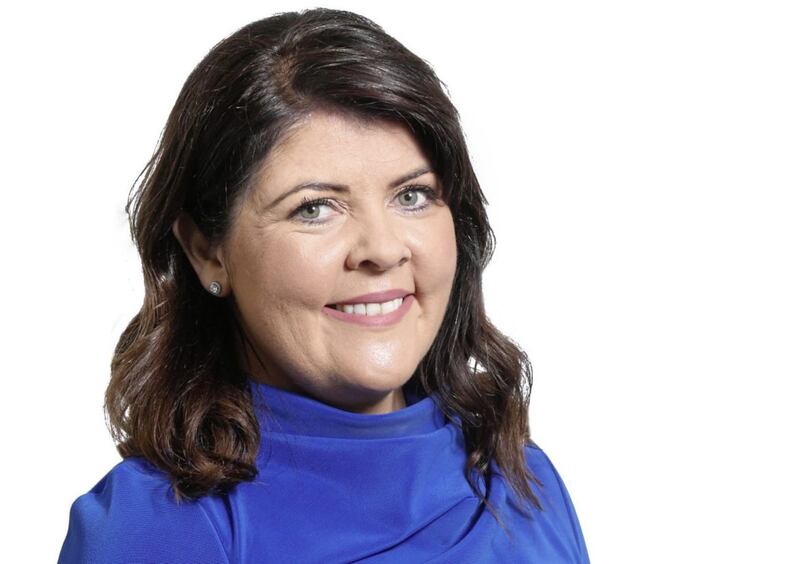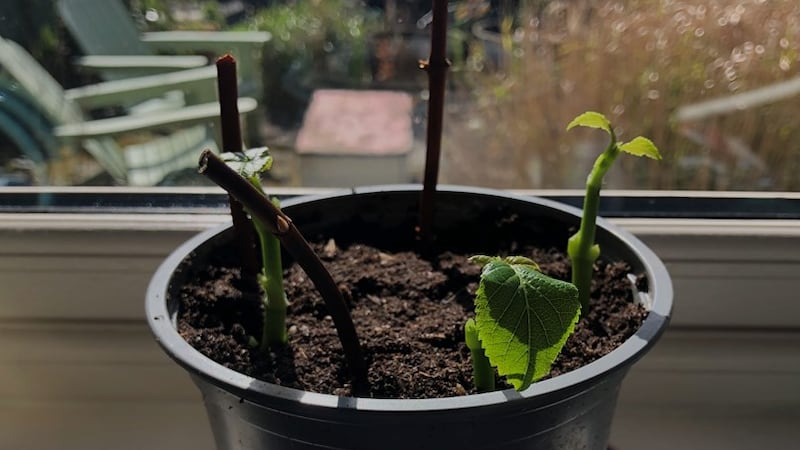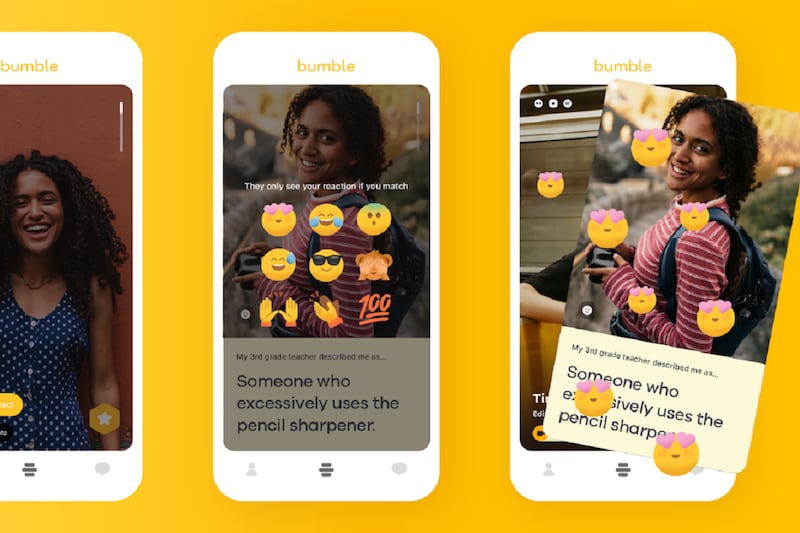WHILE aimlessly meandering though Twitter this week, I noticed a thread which claimed that the emoji pictured here means 'high five', not ‘praying’ or ‘say a prayer’, as I thought it did.
The high five thing made sense, and it my also blew mind. I felt a little embarrassed by my ignorance and then reminded myself just how long it took me to work out that BAE was an acronym for ‘Before Anyone Else’.
I then felt very old and out of touch with modern culture. I might just be turning into my mother.
Hundreds of comments later, by the way, the ‘great emoji debate’ continues on my Twitter feed. The ‘emoji debate’ got me thinking, though. I rarely send a text message or write a comment on social media without using an emoji to emphasise what I’m saying. Sometimes, when writing this column, I forget myself and insert an emoji at the end of a sentence, only to horrify myself and promptly remove the offending symbol.
Text-speak, acronyms and emojis, are very prominent in the written word these days, especially in the world of teenagers. In this exam season, HOW are 16-to-18-year-olds endeavouring to articulate themselves in exam conditions without using any of these short cuts?

I think back to my English teachers in secondary school – Mrs Connolly and Mrs McGonigle would have been horrified if we were to write essays and employ these short cuts in any way. I often imagine the two reading this column and reaching for the red pen to correct my syntax, grammar and spelling.
This week, the weather has been typically beautiful, a good spell of sunshine in May heralds the beginning of the Irish summer and for thousands of teenagers, the beginning of the exam slog. The poor souls. There’s nothing else they can do but get on with it.
My niece’s first exam was a two-hour paper. How I remember those well. I also remember the cramp in my hand from writing non stop as fast as I could for two whole hours. What I would have given for a short cut.
I remember looking around the exam hall to see how much everyone else was writing, trying to focus, trying not to panic if I hadn’t studied the questions which came up on the paper. The guessing games, the last-minute cramming, the endless hours stuck in my room while the sun was shining outside, the endless cups of coffee or caffeine hits, the worry of what would become of me if I failed.
That was a big part of the exam experience, the fear of failure.
Exams are a rite of passage for most teenagers. A necessary evil. And this time of year does nothing but heighten anxiety in most teenagers; generation after generation, we put ourselves under so much pressure.
I did it. My close friends all did it. Thankfully, we all did well in our exams and went on to study what we wanted. We all studied and worked hard. That was the kind of students we were, but this is not everyone’s story.
I was speaking to an esteemed colleague about exams during the week. I admire this person, how they think, how they approach work, their creativity and drive. This person didn’t do so well at A-level; they found their way into the world of media in a roundabout way. There was no plan.
Although I achieved decent A-level results, I had no plan. I wanted to study Irish and history but, after that, I hadn’t a clue where I would end up in the world. I had filled in a UCAS form despite knowing that I wanted to go to university in the south if I was lucky enough to get the grades. Off I went to Galway, on my own, without thinking about it.
Was I mad, or had I the right idea? Sometimes, heading off somewhere on my own fills me with excitement, other times with dread. When I was 18, I clearly didn’t think about it and I certainly didn’t feel anxious about my decision or its outcome.
The sitting of exams was a different story. My stomach still churns at the thought of it and I feel for all students sitting exams at present. It’s not easy but, then again, as the cliché goes, nothing worthwhile is.
Head down and power on, remember to breathe. Plan or no plan, there’s always a way forward.









